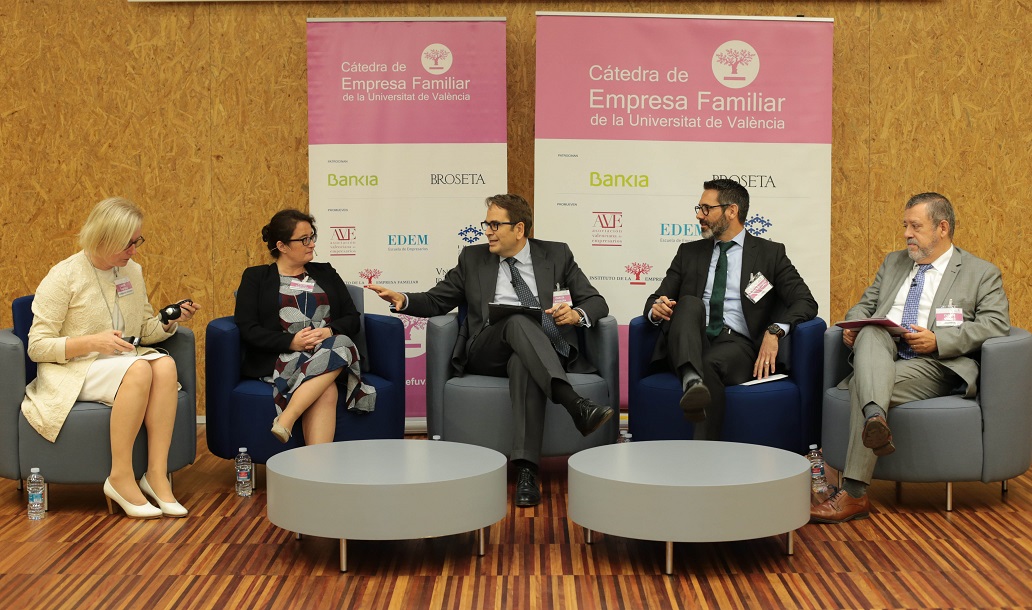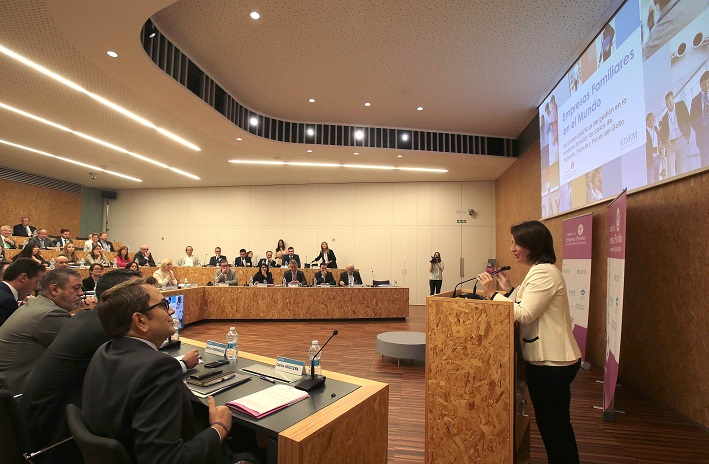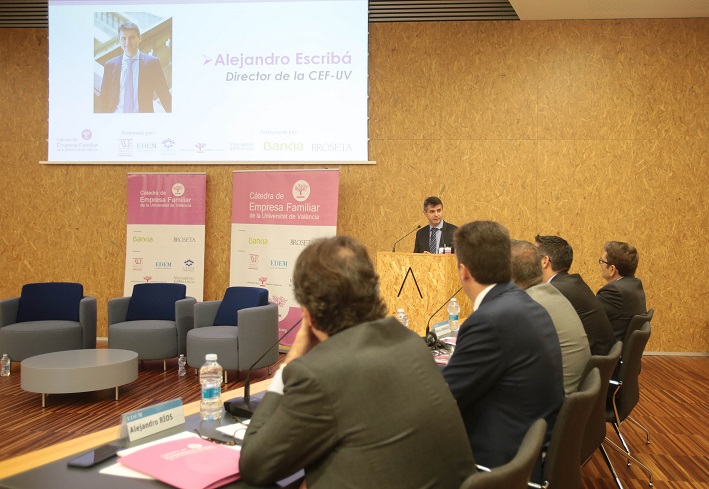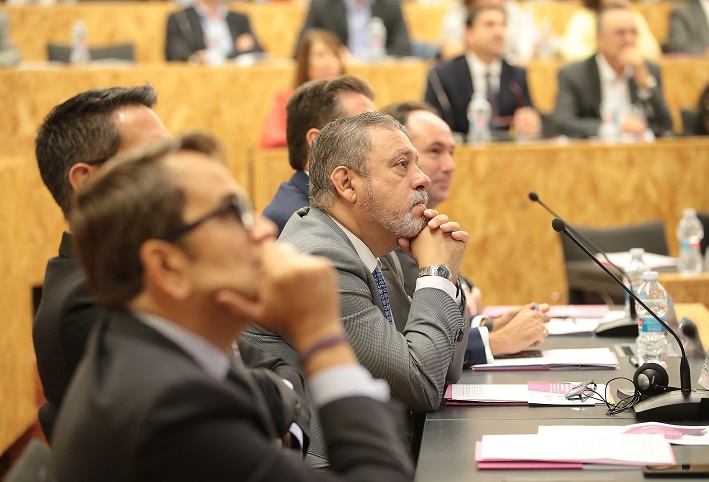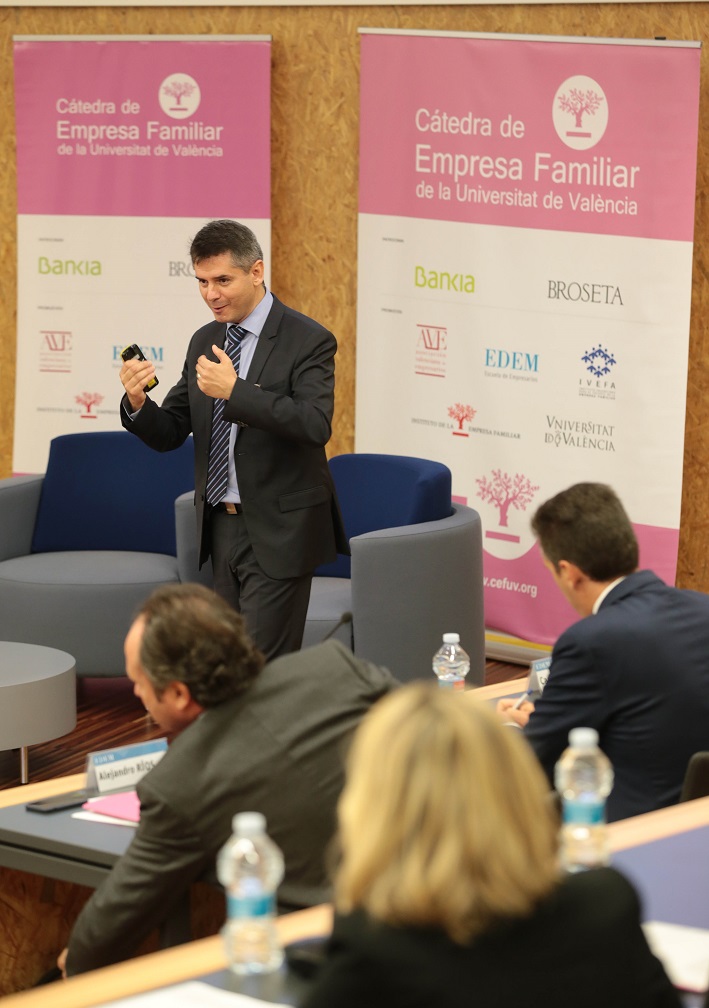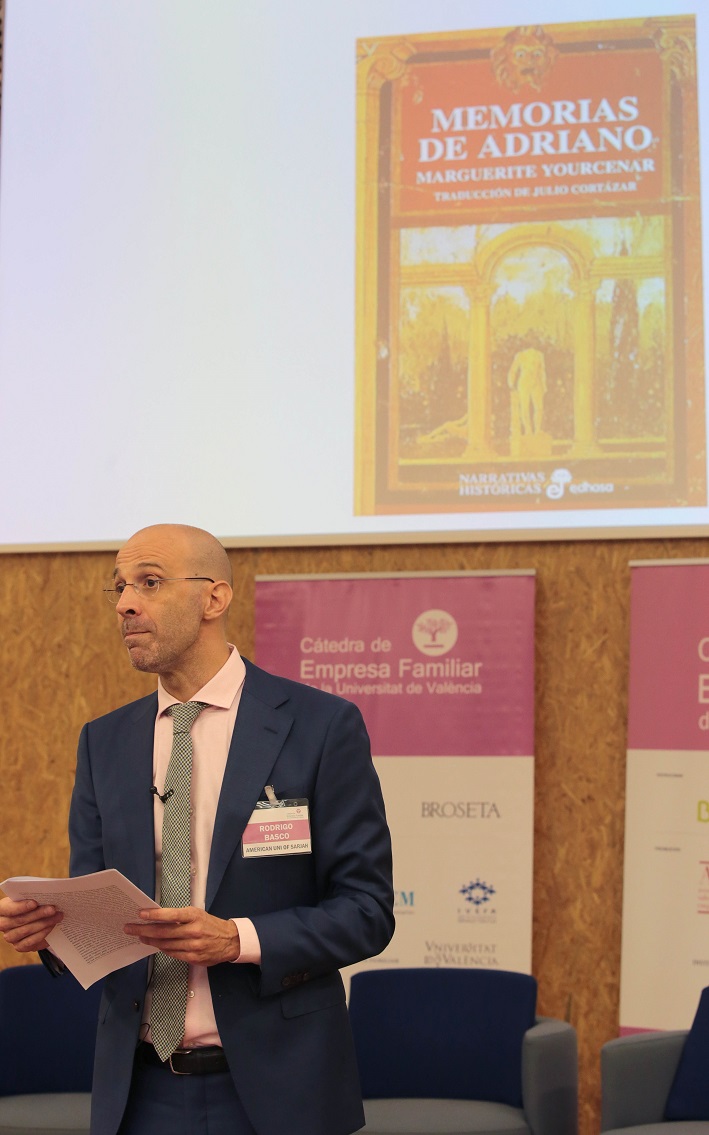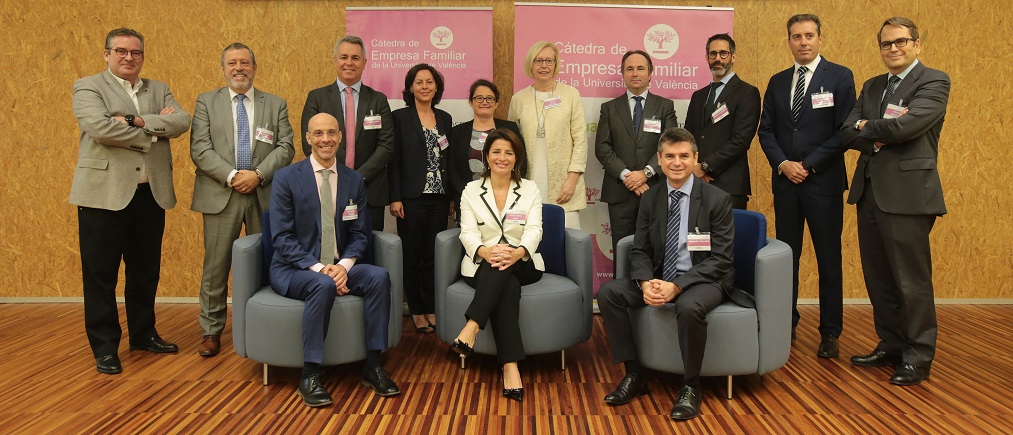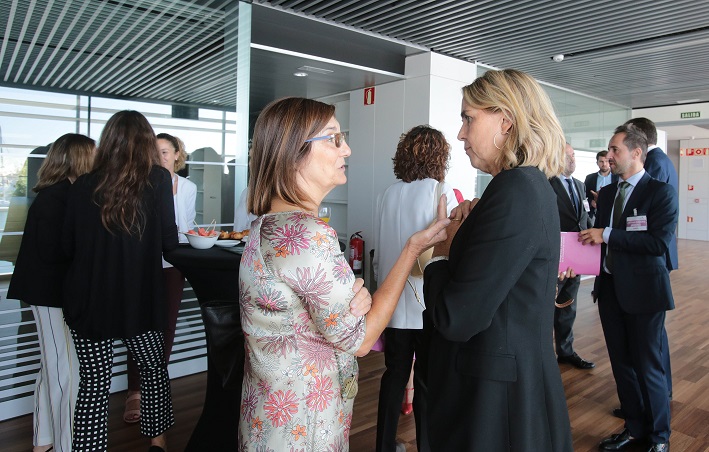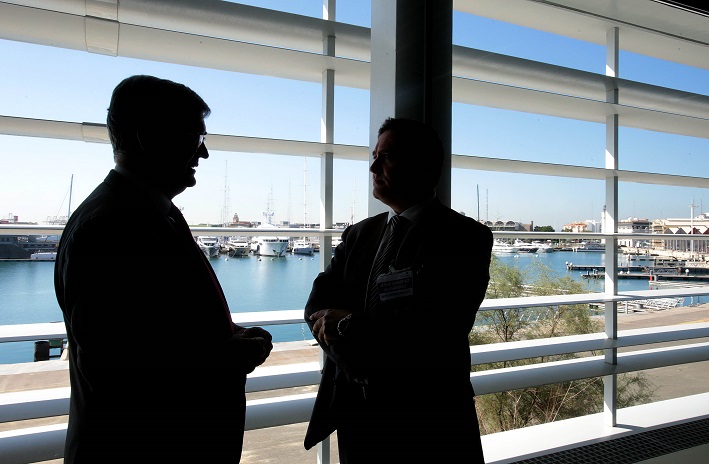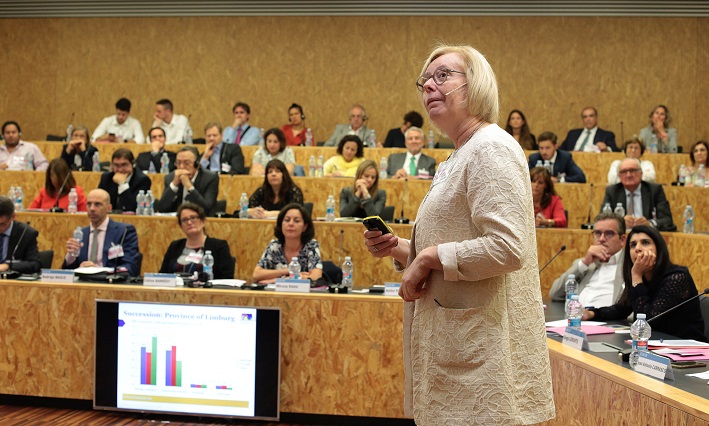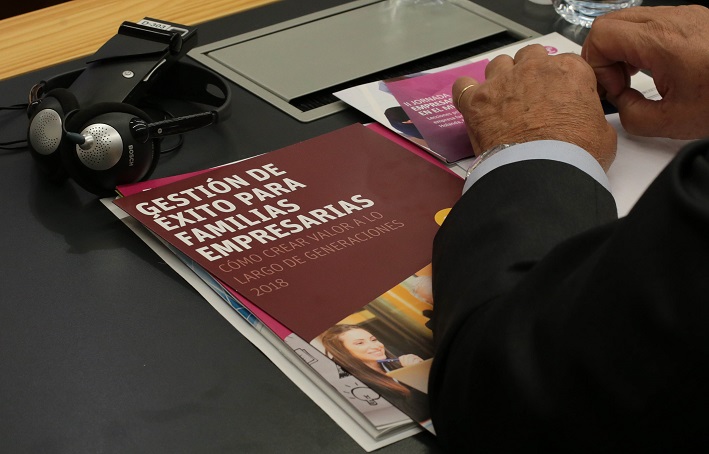.jpeg)
This Thursday, October 4, the "Family Business in the World II" Conference organized by the Chair of Family Business of the University of Valencia took place. The event has taken place at EDEM Escuela de Empresarios, where four foreign speakers have participated, presenting the cases of three territories in which family businesses play a fundamental role: Rodrigo Basco (Gulf countries), Anita Van Gils (Netherlands) , Céline Barrédy (France) and Miruna Radu (France).
With the aim of comparing the competitive situation of family businesses in these countries with Spain, the Chair has had the presence of Spanish family entrepreneurs with business in those countries who have offered a debate-colloquium on aspects that can be transferred to the Spanish context: Salvador Martínez (CEO of Obeikan MDF), Héctor Dominguis (CEO of Grupo Dominguis) and Carlos Moldes (President of Grupo Moldtrans). Their experiences have enlightened attendees.
The inauguration was carried out by Hortensia Roig, President of EDEM Escuela de Empresarios, and Alejandro Escribá, Director of the Chair of Family Business at the University of Valencia, and the discussions were moderated by Alejandro Ríos (Partner and Director of Broseta) and Carlos Aguilera (Corporate Director of Business of Companies in the Valencian Community and Murcia Bankia), respectively.
Professor Escribá offered some data obtained by the GECE Observatory (promoted by Bankia and the IVIE, and in collaboration with the Chair). It has been verified how large family businesses are more competitive than non-family businesses of the same size.
The professor of the American University of Sharjah, Rodrigo Basco, has highlighted the challenges of development and evolution in the conception of the government of the family business, Salvador Martínez recounted his experience in the relationship with government structures with the parent company of Saudi capital highlighting the development of entrepreneurial opportunities for the family.
Professors Miruna Radu and Céline Barrédy have highlighted different governance models for the family business in France, focusing on the one that clearly separates the governing body and the supervisory body. Anita Van Gils, has highlighted the main concerns of the family business in the Netherlands: Succession, Growth and Digitization.
Carlos Moldes left an interesting reflection on the importance of talent and succession in the family business: "The shares are transmitted but the leadership must be earned".
The event has been closed by Alejandro Escribá Esteve where the conclusions of the day have been reviewed:
- An attempt should be made to find a balance between the emotional wealth of the family and wealth wealth.
- Emphasize the training of members of the business family in the different roles they can occupy: shareholders, directors, directors, external ...
- Do not rule out the option of opening the company's capital to external investors.
- Develop the family protocol and clearly define the criteria envisaged when evaluating the actions.
- The importance of transferring the values of the company to both family members and non-family members who work in the company.




